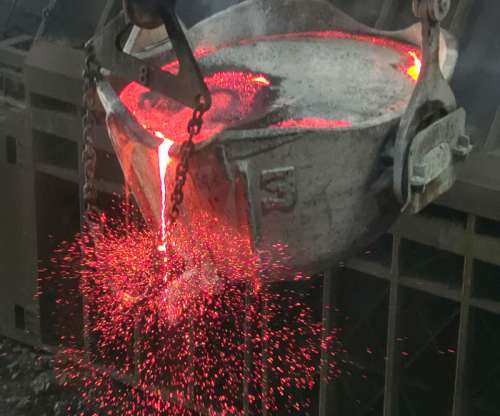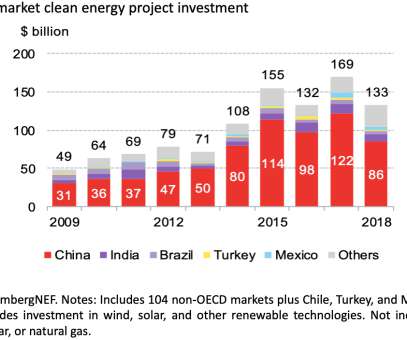German-Chilean consortium investigating new ways of reducing arsenic in copper concentrates: ReAK
Green Car Congress
AUGUST 3, 2022
Chile is the world’s top copper producer (27% of global production) and exporter. In Chile, copper is mostly found in sulfide ores, especially in chalcopyrite (CuFeS 2 ), bornite (Cu 5 FeS 4 ) and chalcocite (Cu 2 S). In 2021 alone, Chile mined about 5.6 This results in copper concentrate, which Chile also sells.














Let's personalize your content